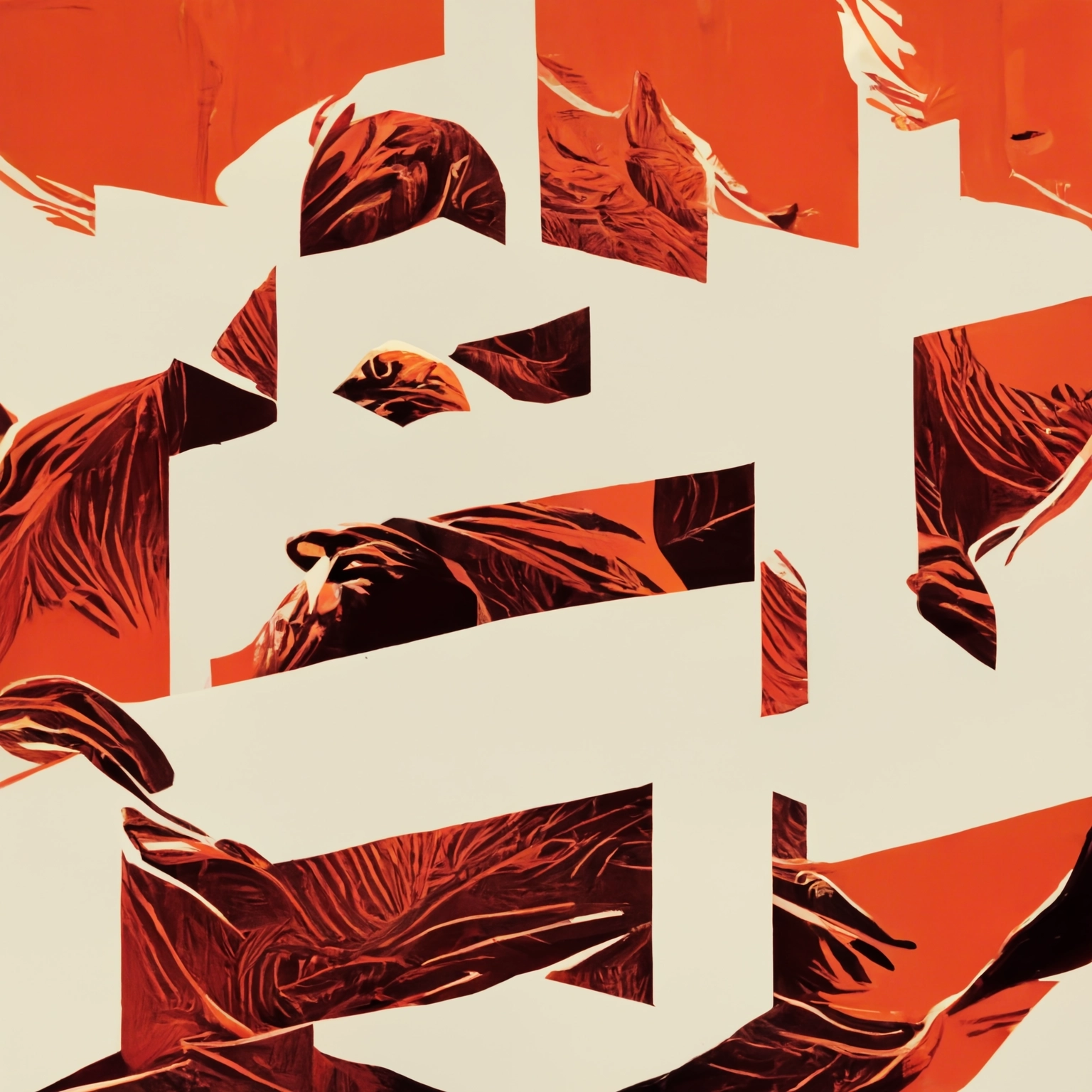The control premium, as used in behavioral economics, describes people’s readiness to forego prospective rewards in favor of maintaining control (and avoiding delegation) over their own payoffs. In an experiment, participants had to decide whether to wager on themselves or another person properly completing a quiz question. According to their beliefs, individuals would bet on themselves in 56 percent of decisions while maximizing their rewards; however, they actually bet on themselves 65 percent of the time, indicating a nearly 10% aggregate control premium. The average study participant was prepared to give up between 8 and 15% of anticipated profits in exchange for control. also referred to as arrogance.
